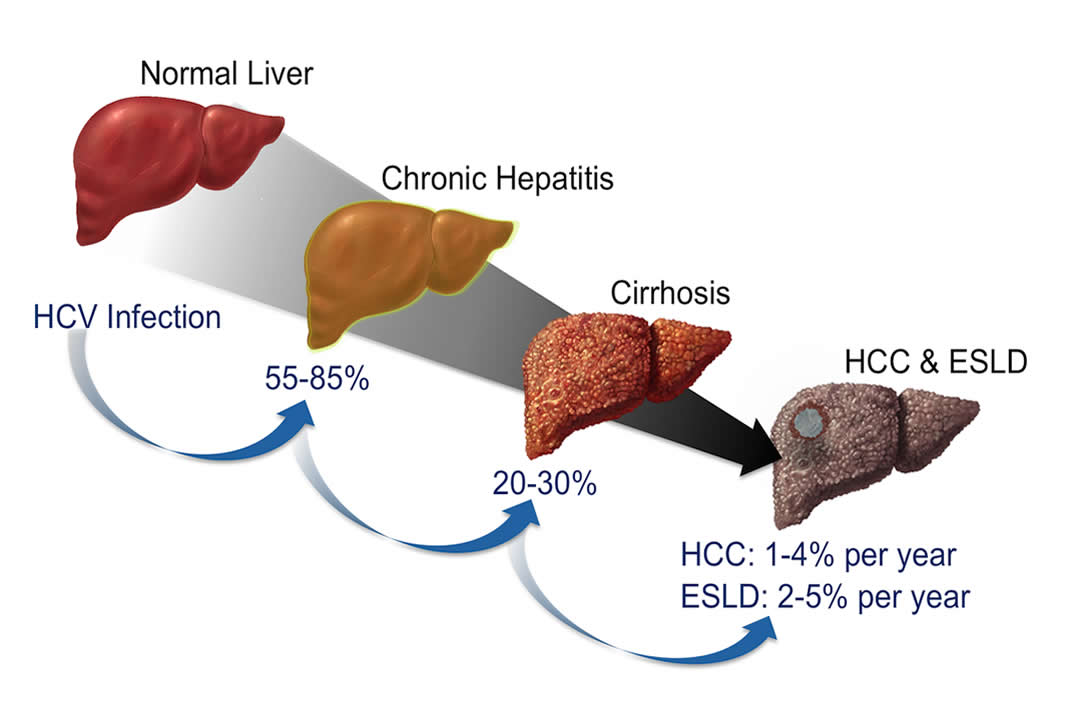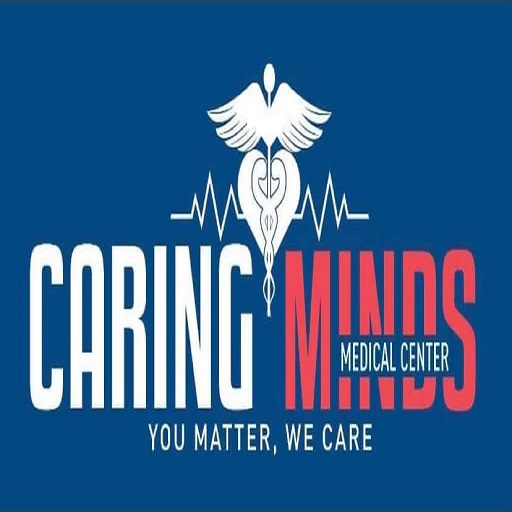Hepatitis C Treatment
Hepatitis C is an infection caused by a virus that attacks the liver and leads to inflammation.
The virus is spread by contact with contaminated blood; for example, from sharing needles or from unsterile tattoo equipment.
Most people have no symptoms. Those who do develop symptoms may have fatigue, nausea, loss of appetite and yellowing of the eyes and skin.
Hepatitis C is treated with antiviral medication. In some people, newer medicines can eradicate the virus.
Hepatitis C virus (HCV) infection is the most common chronic blood-borne infection in the Unites States.1 Management of HCV has been evolving with the introduction of direct-acting antivirals such as boceprevir (Victrelis) and telaprevir (Incivek) in 2011, as well as with the approval of sofosbuvir (Sovaldi) and simeprevir (Olysio) in 2013.2,3 Recent changes to the HCV guidelines with a focus on treatment-naïve patients will be reviewed in this article

